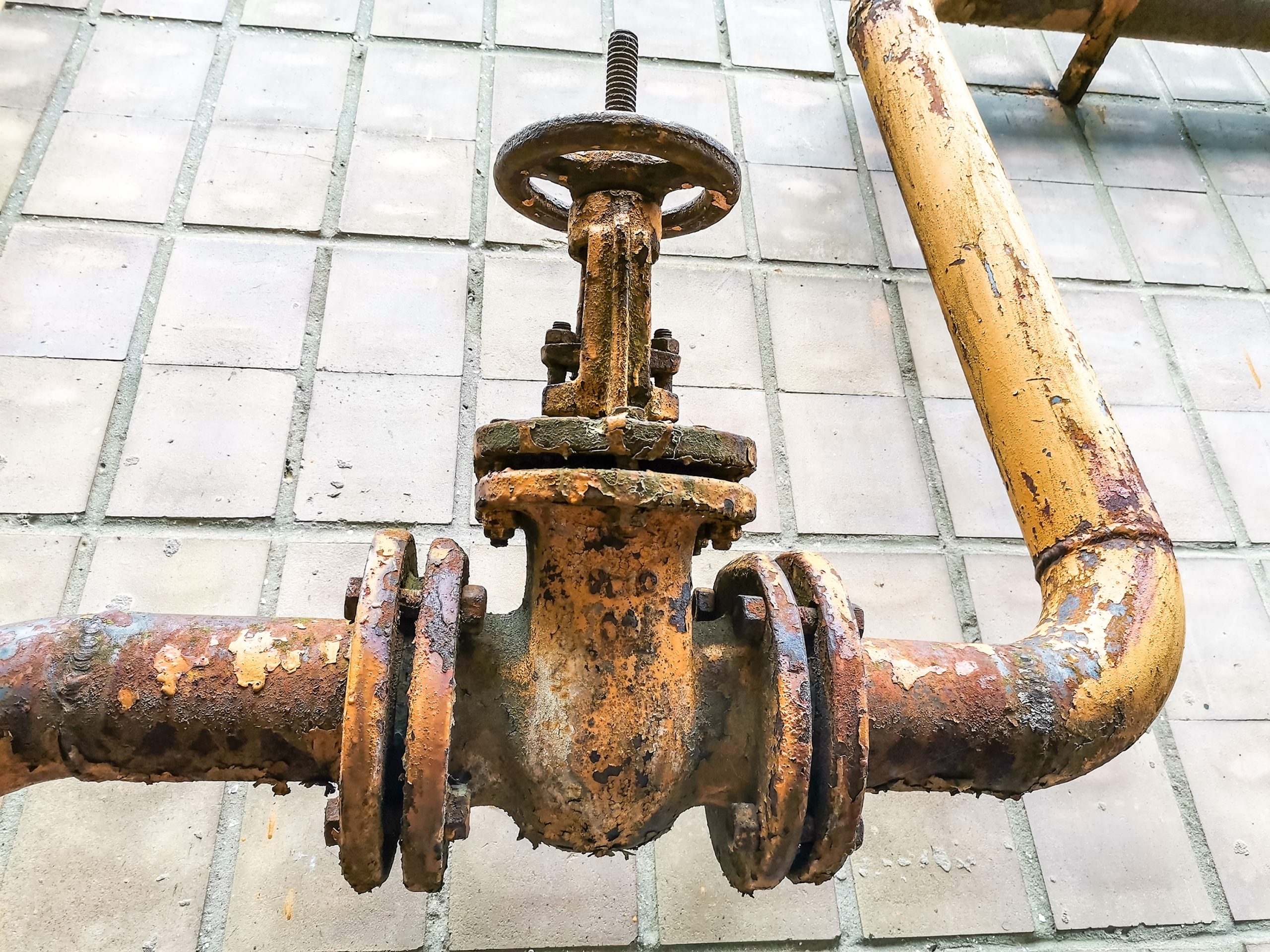Call This Monday to Get $50 Off
Schedule a Local Plumber in Morgantown Area - Call us Now to Get $35 OFF.
4.8 / 5 Ratings based on 794 reviews Great Plumbers, Great Reviews
Call This Monday to Get $50 Off
Schedule a Local Plumber in Morgantown Area - Call us Now to Get $35 OFF.

Most homeowners rarely know the material used to make their sewer lines. However, plumbing emergencies, like an underground burst or recurring leaks, often prompt further research and professional intervention. If you experience such issues, your sewer lines are probably made of cast iron. Schedule a consultation with the experts at Mr. Rooter Plumbing to know your piping material and how to avoid costly sewer repair emergencies. Let’s delve into the downsides of cast iron sewer pipes to help you make informed decisions.
The main disadvantage of cast iron sewer pipes is their susceptibility to corrosion and rust. Prolonged exposure to water and moisture causes the iron to oxidize, leading to rust buildup. While corrosion might not raise concerns initially, delaying repairs can cause further deterioration of the pipe walls. Compromised structural integrity makes cast iron pipes crack and leak easily. In severe cases, rust can completely damage the pipe, causing major plumbing issues that require expensive repairs. It is advisable to invest in trenchless sewer line replacement, upgrading to more durable materials like PVC.
Iron and fragile rarely go together, but cast iron pipes become brittle as they age. Fragile sewer lines are more likely to crack under pressure or because of shifting soil around the pipes. Even minor cracks can cause wastewater to leak into the surrounding ground, leading to unpleasant odors, soil contamination, and health hazards. The last thing you want are cracks that allow tree roots to infiltrate and cause further damage. If your plumbing is over four decades old, it is probably made of cast iron. Hire a reputable plumbing service to inspect and provide tailored trenchless sewer line replacement services for peace of mind.
Another issue with cast iron sewer pipes is the buildup of debris over time. Cast iron pipes have a rough interior surface that can trap and hold debris, grease, and other materials flowing through the plumbing system. This buildup narrows the pipe’s diameter, reducing water flow and causing slow drainage. In severe cases, it can cause complete blockages, prompting costly sewer repair and cleaning services. If you notice signs of buildup in your sewer systems, it might be time to upgrade your cast iron pipes. Modern materials like PEX and PVC can prevent such issues while enhancing efficiency and durability.
Cast iron pipes are heavier than modern plumbing materials like PVC. This makes them more difficult and rigorous to install, leading to higher installation costs. In addition, heavy pipes put more strain on the building’s foundation and supporting structures. Even after a professional installation, the added weight can contribute to structural issues, especially in older homes. With that in mind, routine inspections by a experienced plumber in Brookhaven, WV are vital to detect minor signs of deterioration and implement effective solutions.
While cast iron sewer pipes were popular in the 70s and 80s because of their strength and durability, they are not the best option for modern plumbing systems. Contact us at Mr. Rooter Plumbing and schedule a consultation with our experts. We can replace your old cast iron pipes with newer, more reliable options to avoid costly repairs and ensure a safe and efficient plumbing system.
Why You Should Have a Tankless Water Heater Hot water is one…
Read More+Common Water Heater Problems and How to Fix Them Water heaters are…
Read More+Water in Your Shower Not Hot Enough? Everyone deserves a nice hot…
Read More+